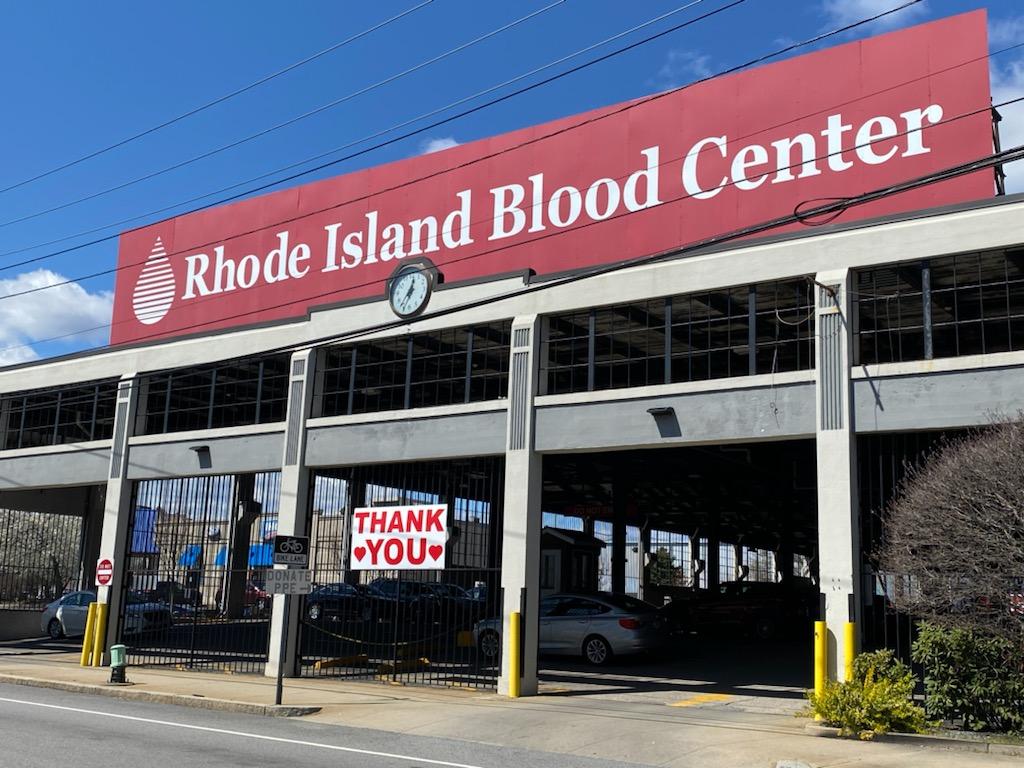Blood
New LGBTQ+ Donor Rules Open Up Eligibility at the Rhode Island Blood Center
The Rhode Island Blood Center complex on Promenade Street. (Photo by Lauren Clem)
After years of advocacy, the Rhode Island Blood Center is changing its blood donation guidelines so that more members of the LGBTQ+ community can participate in giving blood.
As of next Monday, Oct. 2, the RIBC will no longer bar men from donating if they’ve had sex with other men in the previous three months. Instead, donors will answer a new screening questionnaire based on individual risk assessment instead of sexual orientation or gender identity.
“Rhode Island Blood Center has long advocated for scientifically based changes to the FDA policies regarding gay and bisexual men and this is one step toward making blood donation more inclusive,” says Caitlin Grimaldi-Flick, marketing and communications manager for the RIBC. “We look forward to welcoming these new donors to our centers and blood drives, especially following a tough summer with low donor turnout. We also recognize this is just the beginning in making blood donation more inclusive.”
The new policy comes on the heels of new guidance from the FDA for blood donation eligibility. In May, the FDA finalized new recommendations that substituted individual risk-based questions instead of questions regarding gender or sexual orientation. In August, the American Red Cross also adopted the new guidelines for its blood donation centers.
Under the new guidelines, all donors will be asked a series of risk assessment questions regardless of their sexual orientation or gender identity. The questions are based primarily on whether a person has had new or multiple sex partners in the previous three months. For more information on the new screening process, visit ribc.org.
Men who have sex with men have long been barred from donating blood due to concerns about the transmission of HIV. In 2015, the FDA changed its guidelines to allow men to donate if they had not had sex with other men in the previous year (reduced to three months in 2020), but the new policy still barred many men from donating.
The new policy goes into effect as Rhode Island experiences a blood emergency. Two weeks ago, the RIBC declared a blood emergency due to low donor turnout over the summer and the Labor Day holiday. The supply of blood is well below the optimal five- to seven-day supply. The organization is also seeing a 50 percent decrease in youth and first-time donors. According to the RIBC, O+, O- and B- blood types, as well as platelets, are especially needed.
To book an appointment to donate blood or find a blood drive, visit ribc.org.
RELATED ARTICLES
What Happens After You Donate Blood?
Pint for a Pint is Back
Meet the Founders Behind Rhode Island’s LGBTQ+ Brewery Meetup Club

